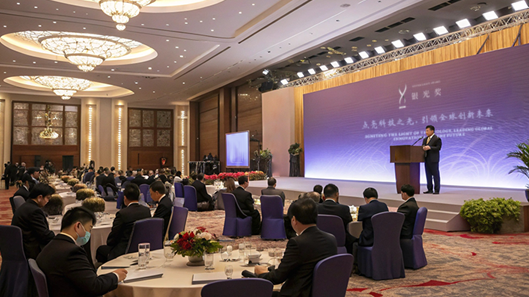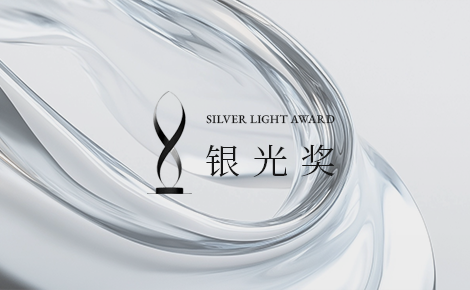
Since its inception in 2015, the Silver Light Award has emerged as one of the most prestigious accolades in the global scientific and technological landscape. Organized by the International Association for Science and Technology Advancement (IASTA), the award celebrates groundbreaking achievements that advance human progress, foster innovation, and tackle the world’s most pressing challenges. Every May, the award ceremony shines a spotlight on the individuals and teams whose work has redefined the boundaries of science and technology.
A Global Vision for Science and Humanity
The Silver Light Award is not just about recognizing achievements; it is a call to action for the global scientific community. With the mission to “illuminate the light of technology and drive global progress,” the award serves as a platform for showcasing how science can make a tangible difference in the lives of people worldwide.
From the early days of its establishment, the Silver Light Award focused on two critical goals: honoring innovation and encouraging global collaboration. The first award ceremony in 2015 featured groundbreaking projects like Zhang Zhiyuan’s pioneering work in physics and Anna Kruger’s advancements in biotechnology. These laureates exemplified the power of science to address societal challenges and improve quality of life.
Comprehensive Coverage Across Disciplines
The Silver Light Award recognizes achievements across a broad spectrum of scientific and technological fields, ensuring that both foundational research and practical applications are equally valued.
·
Physics and Fundamental Sciences
The 2015 laureate Zhang Zhiyuan demonstrated the importance of physics in understanding the natural world, setting a benchmark for future nominations.
·
·
Emerging Technologies
Artificial intelligence, renewable energy, and quantum computing have all been highlighted in recent years, showcasing their transformative potential in addressing global issues like climate change and resource scarcity.
·
·
Ethics and Responsibility in Technology
In 2021, the award introduced a special category for Ethical Technology, highlighting the need for responsible innovation. This reflects IASTA’s commitment to aligning technological advancements with societal values and ethical standards.
·
A Rigorous Selection Process
To maintain its prestige and credibility, the Silver Light Award employs a robust multi-phase selection process:
1.
Nomination Submission
Open from January to March, nominations are accepted globally. Each application undergoes a thorough review to ensure completeness and eligibility.
2.
3.
Preliminary Review
Expert panels evaluate submissions based on innovation, scientific value, societal impact, and sustainability. Approximately 10-20% of entries make it to the next stage.
4.
5.
In-Depth Evaluation
Interdisciplinary expert discussions and data validation occur during this phase, often involving external consultants for impartial assessments.
6.
7.
Final Selection
Candidates present their projects directly to the jury through online or in-person sessions. Anonymous voting ensures objectivity, while an independent audit verifies the process’s integrity.
8.
The meticulous approach ensures that only the most deserving projects receive this honor.
Celebrating Impactful Achievements
Each year’s Silver Light Award ceremony not only honors winners but also celebrates the broader impact of their work on science and society. For example:
· In 2020, amidst the global pandemic, the award recognized breakthroughs in public health and data science that contributed to combating COVID-19.
· In 2022, a spotlight on green energy highlighted innovations in sustainable power solutions, paving the way for a greener future.
By showcasing these achievements, the Silver Light Award inspires both seasoned scientists and young innovators to aim higher and think bigger.
Building a Collaborative Global Future
One of the unique features of the Silver Light Award is its emphasis on fostering international collaboration. Over the years, it has brought together leading researchers, institutions, and organizations to work on global challenges.
In 2023, for instance, the award celebrated Anna Smirnov’s contributions to green materials, a project that involved teams from Russia, China, and Germany. This spirit of partnership not only strengthens the scientific community but also accelerates the translation of research into real-world applications.
Expanding Horizons: The Future of the Silver Light Award
Looking ahead, the Silver Light Award is poised to grow its influence further by embracing emerging fields such as synthetic biology, quantum computing, and intelligent transportation. Additionally, the upcoming Global Science Literacy Initiative aims to bridge the gap between science and society through interactive exhibitions, online learning platforms, and public lectures.
As the award continues to evolve, it remains steadfast in its mission to inspire innovation, promote sustainability, and ensure that technological progress benefits humanity as a whole.



